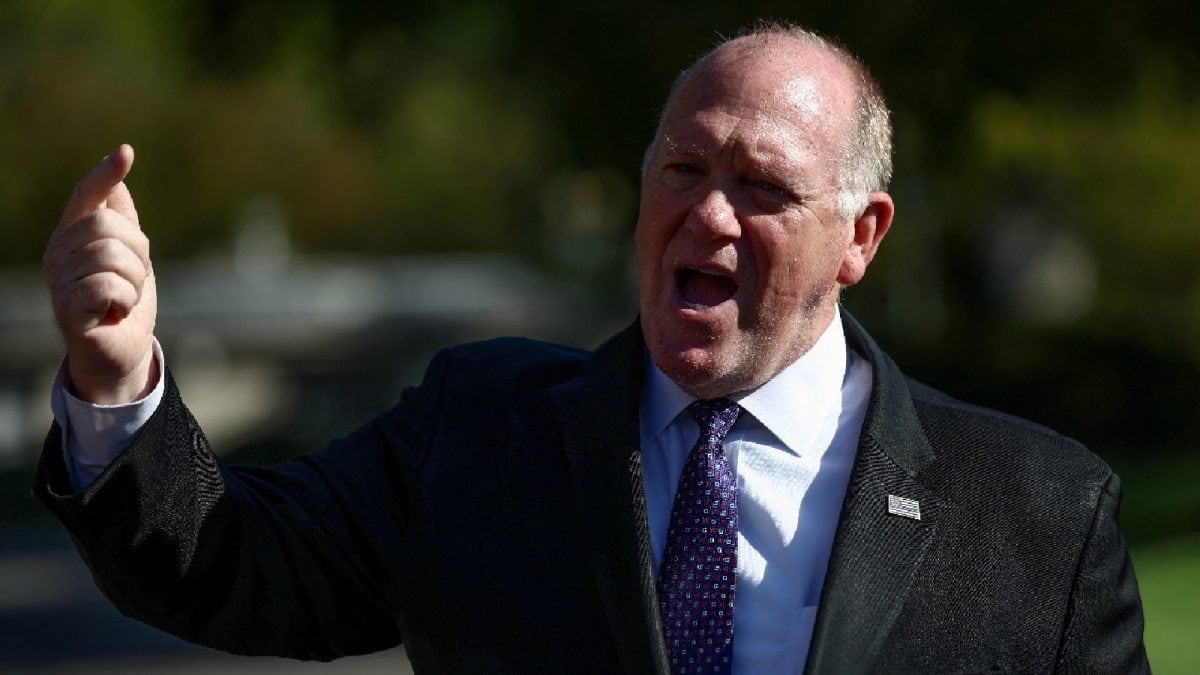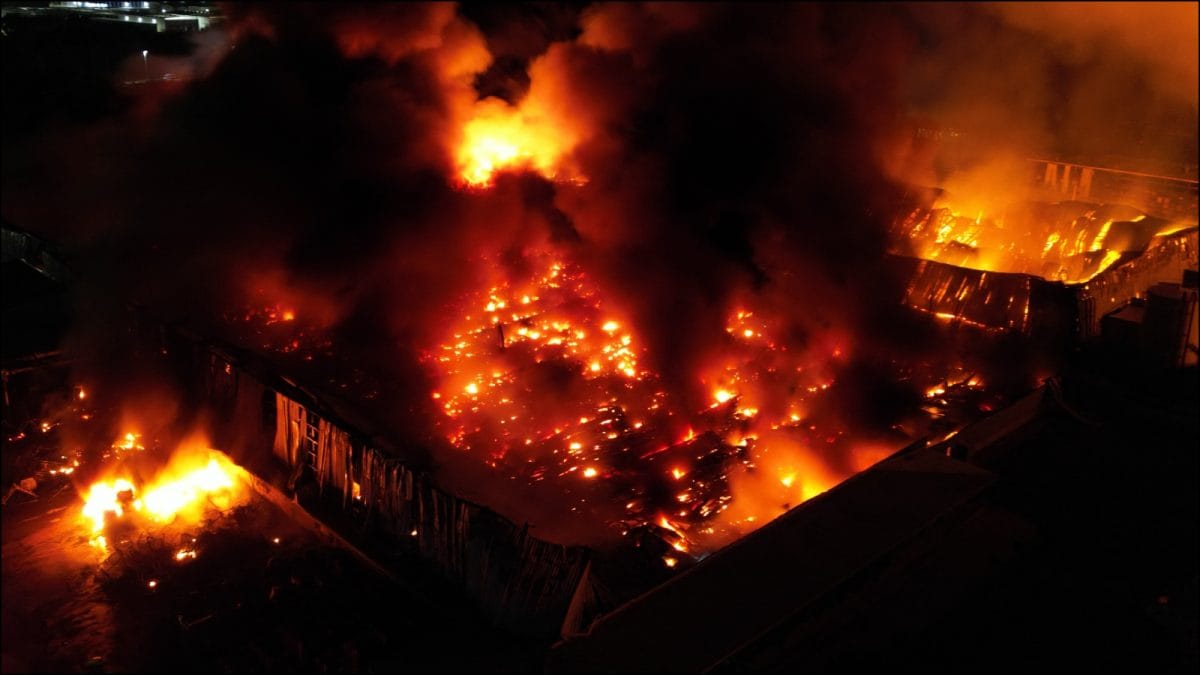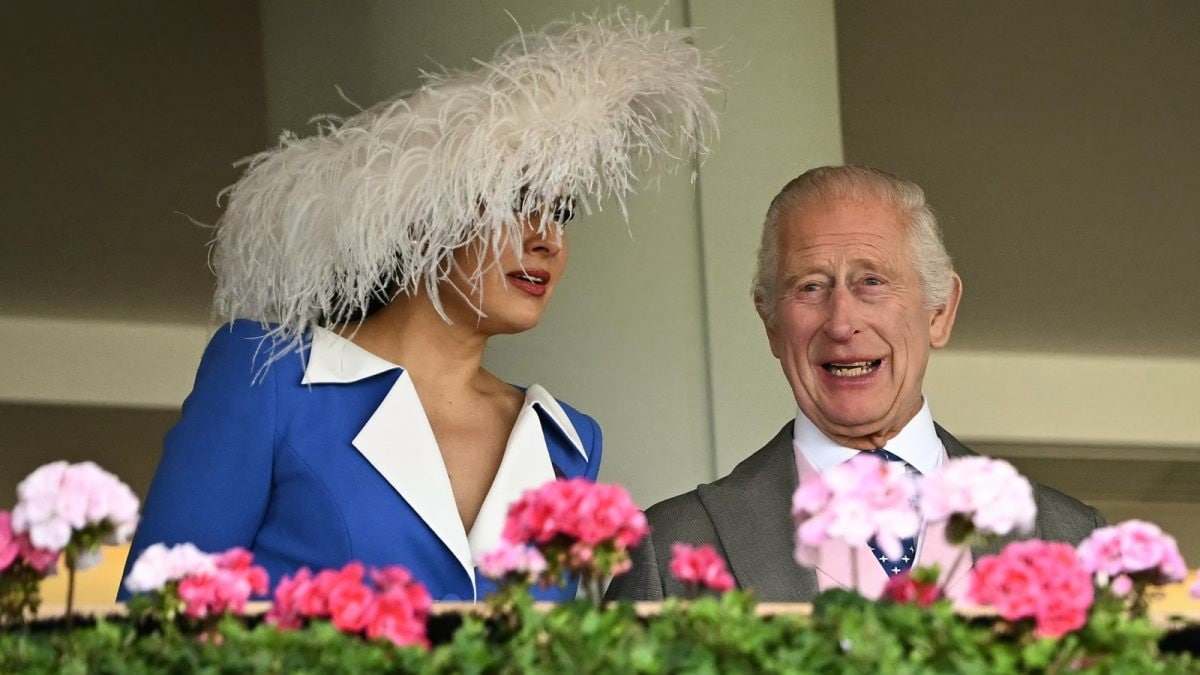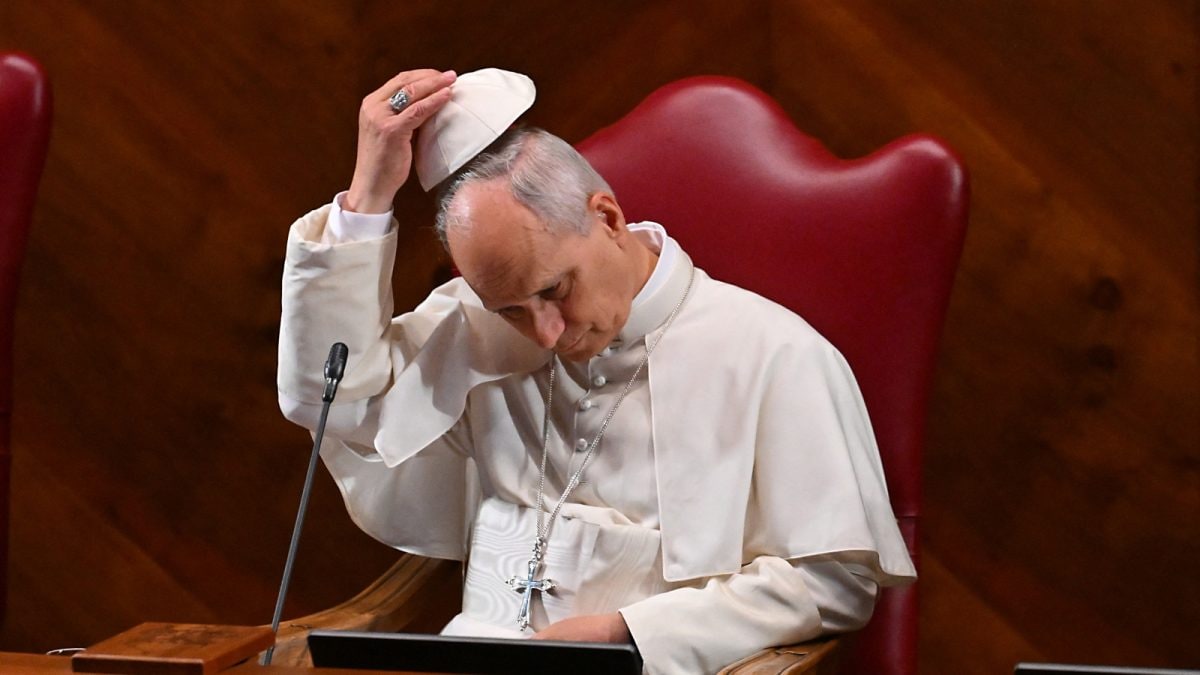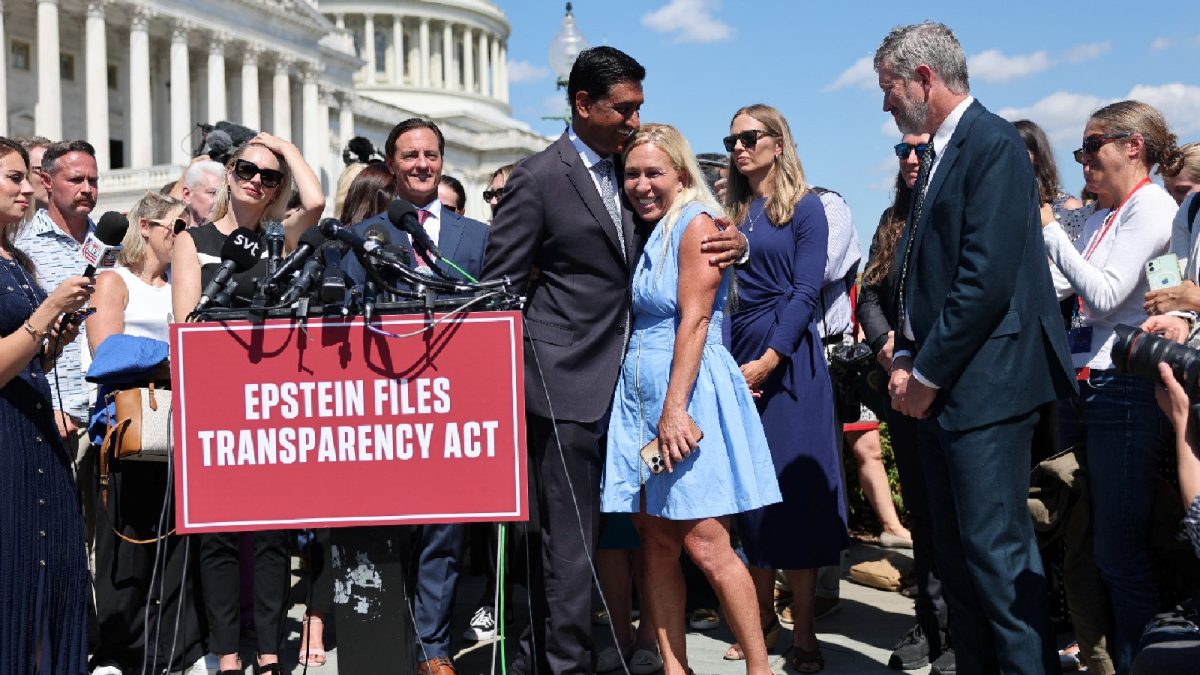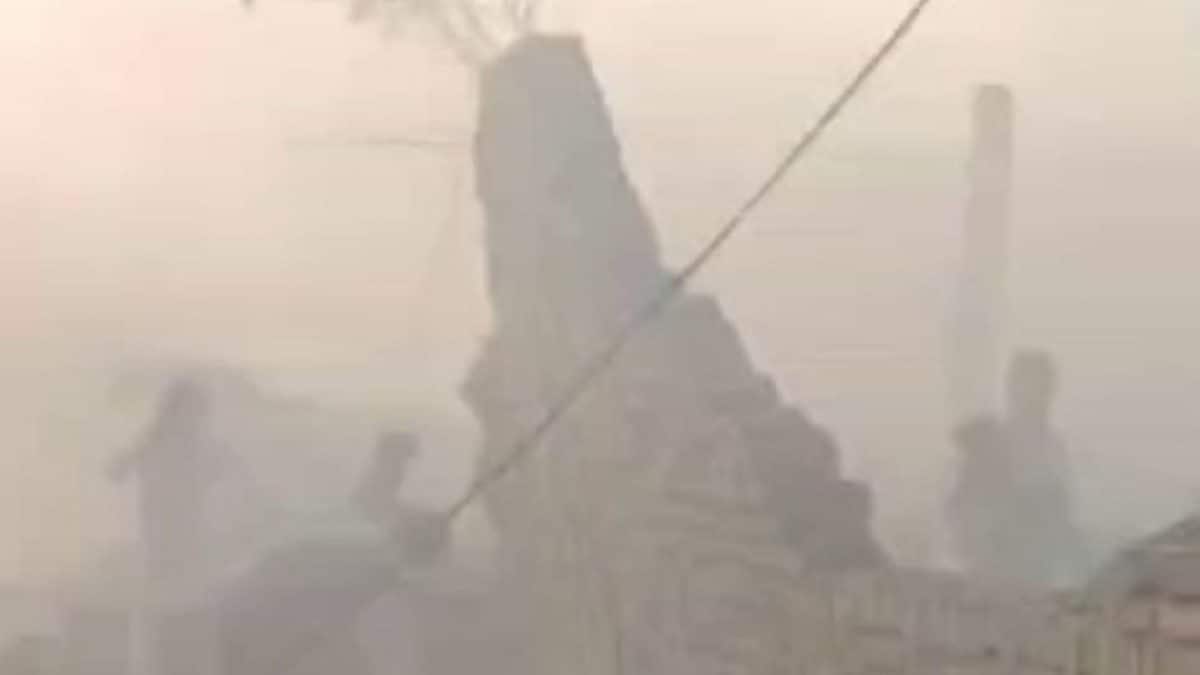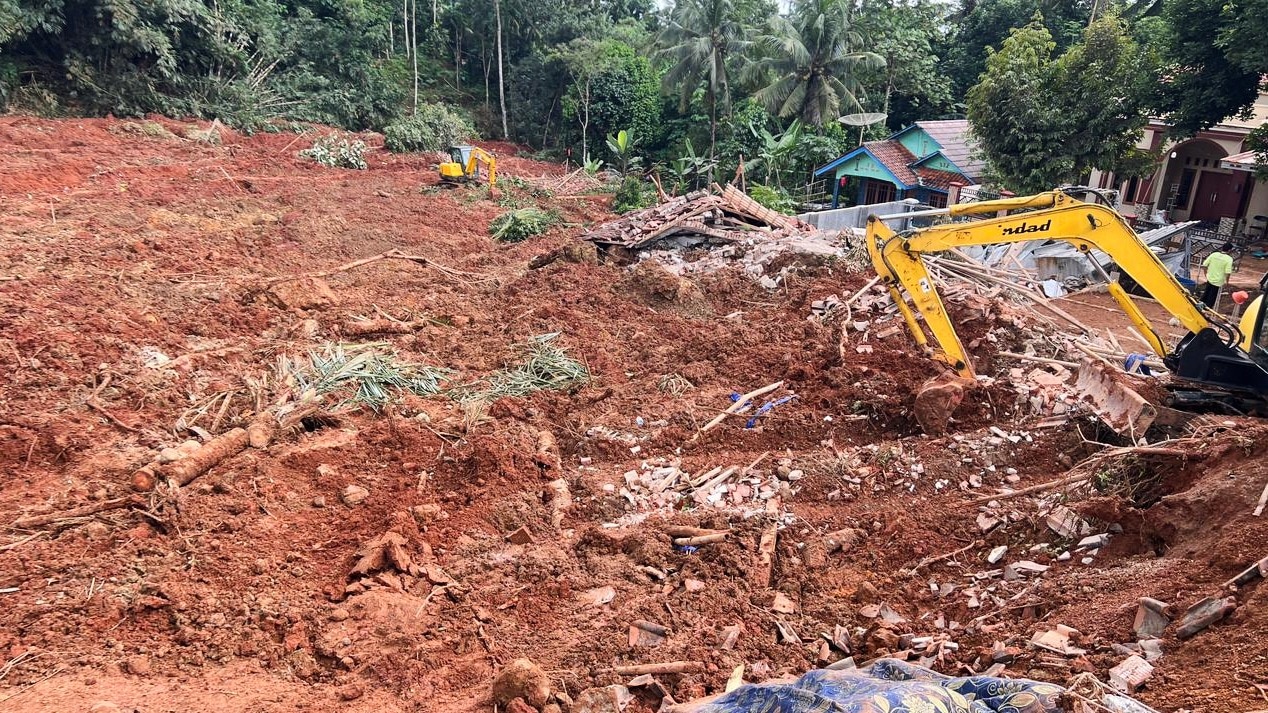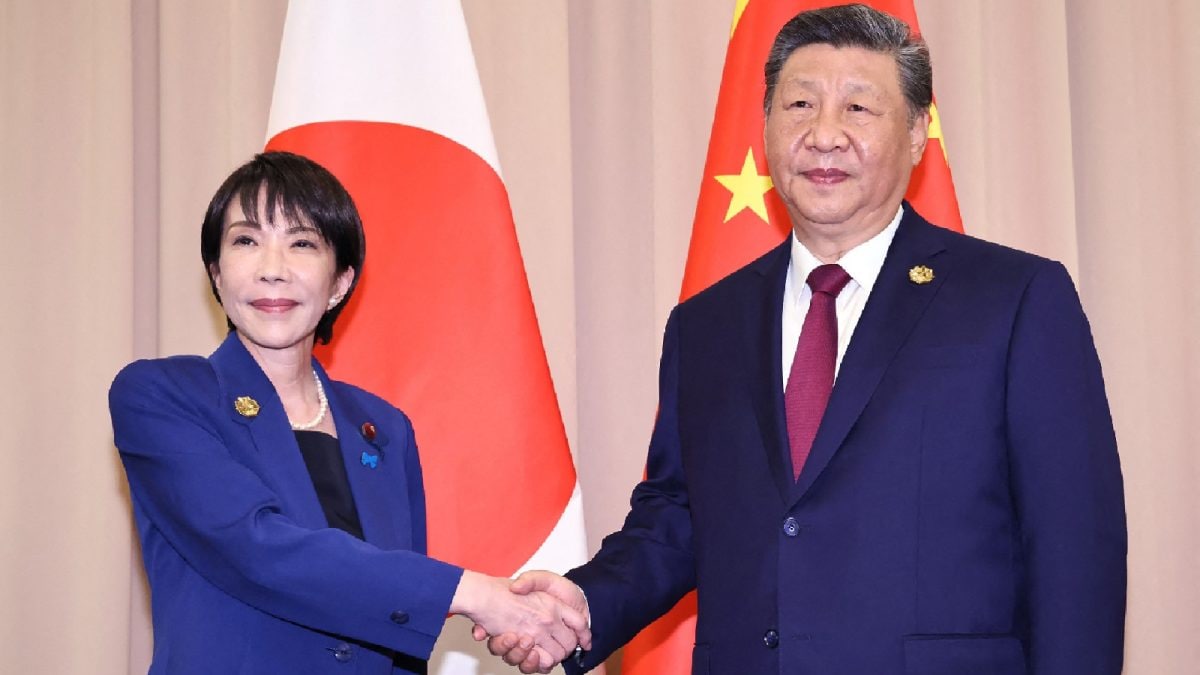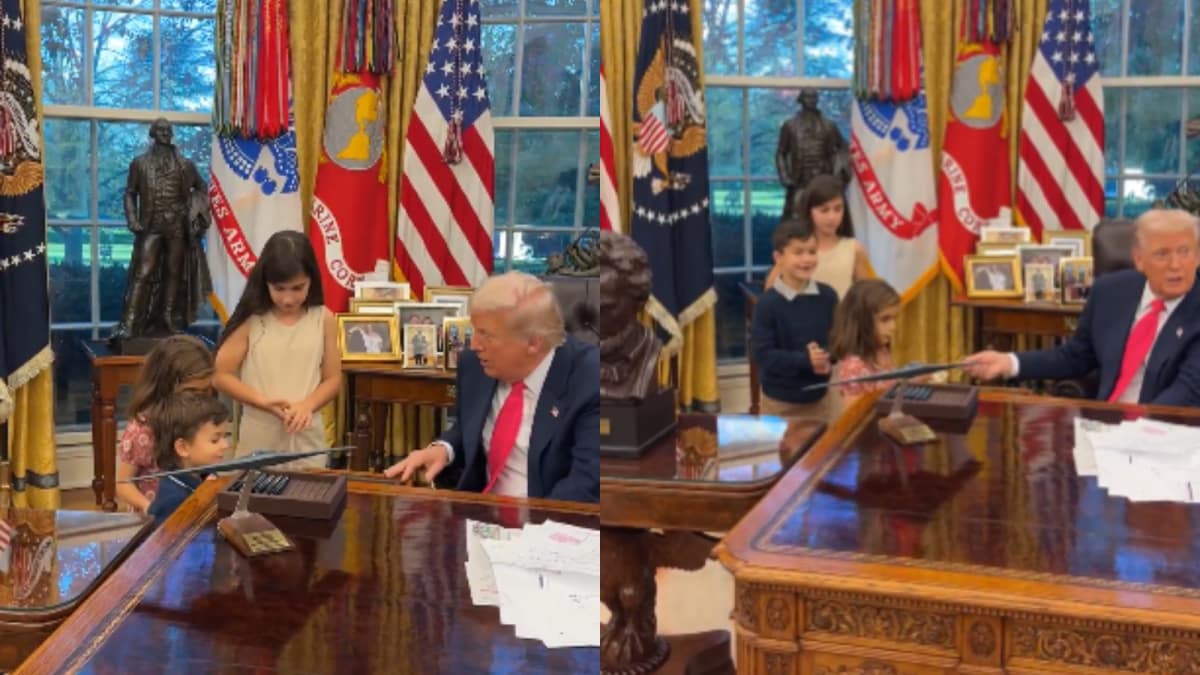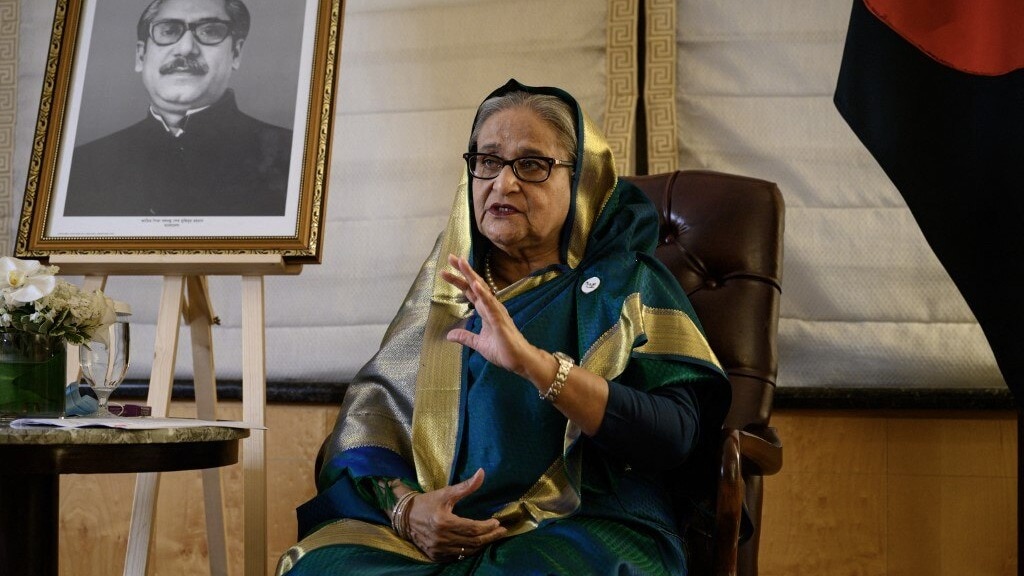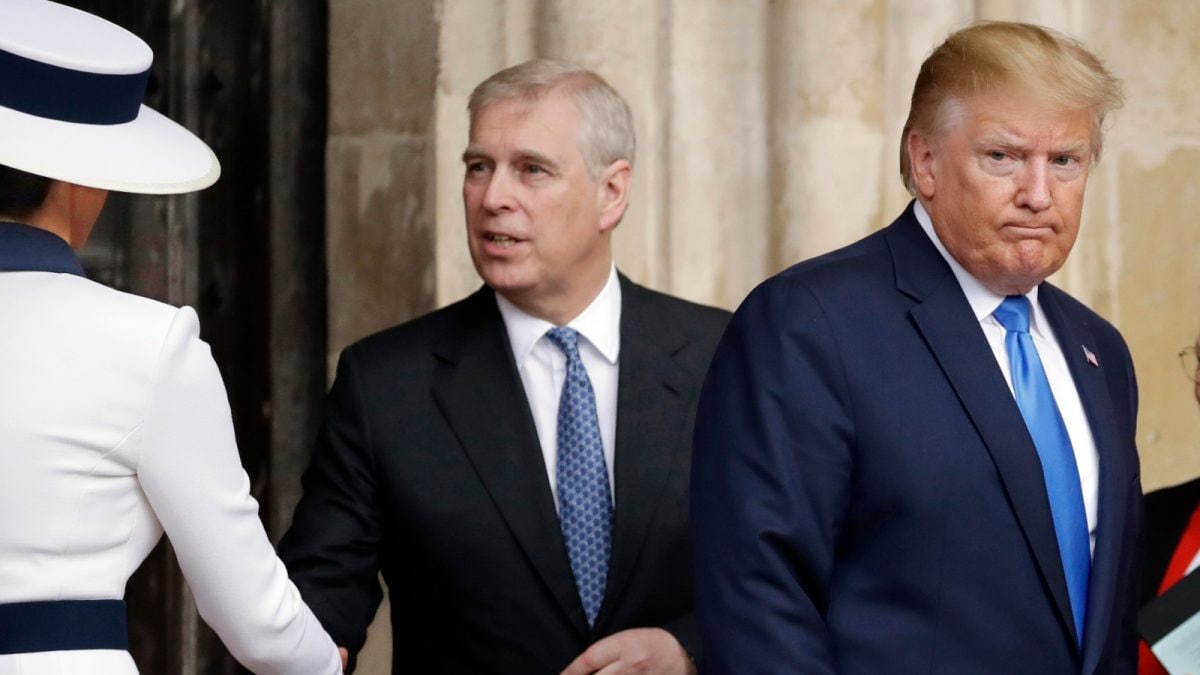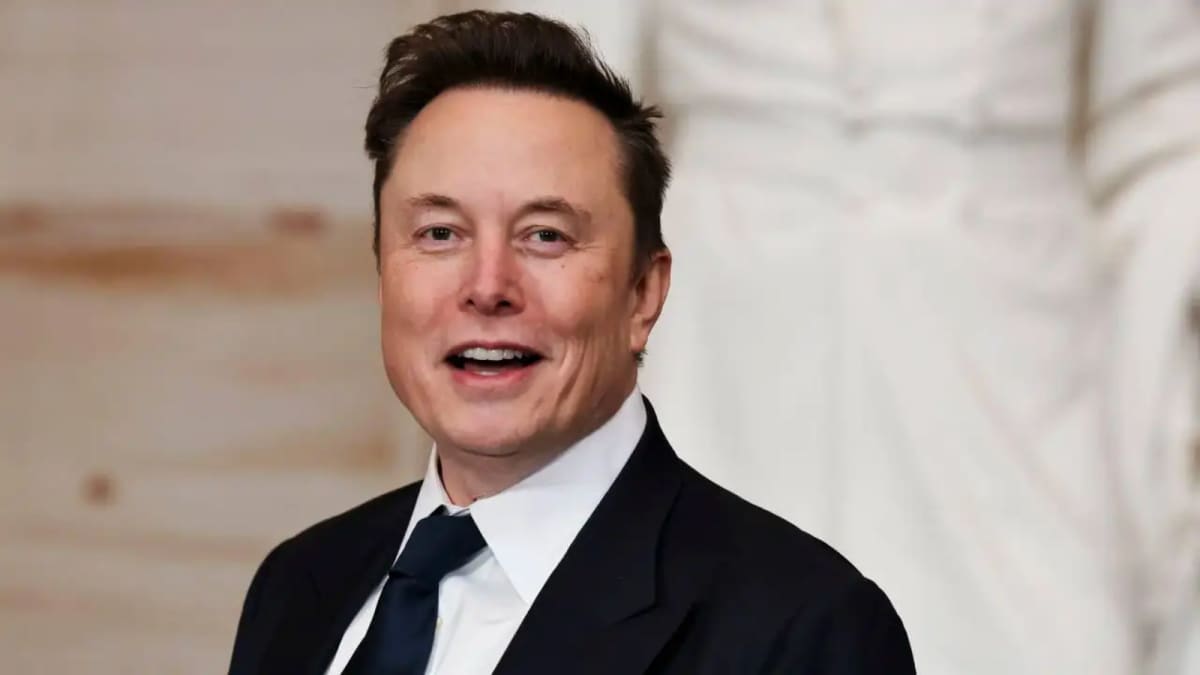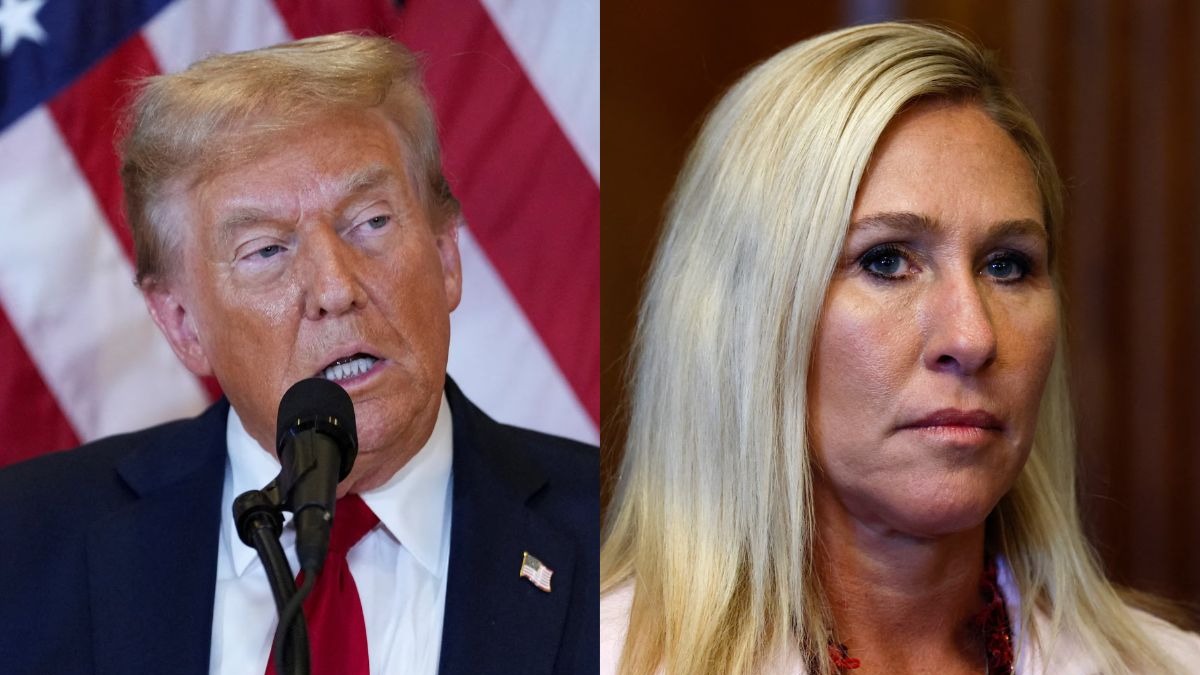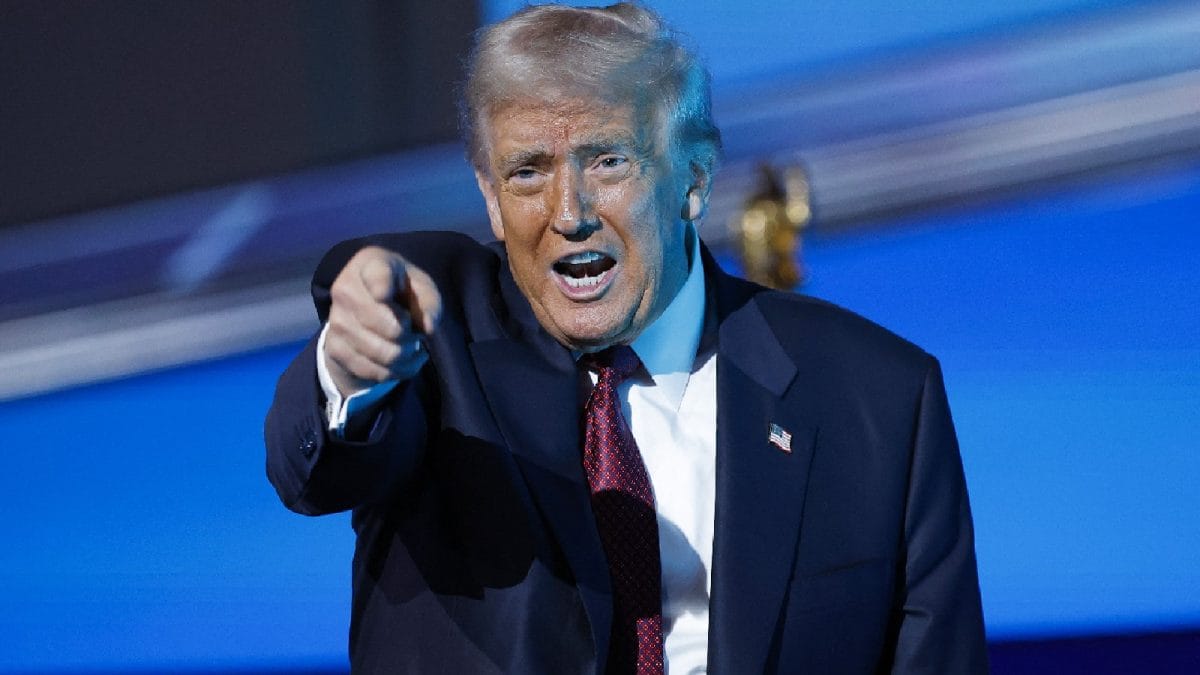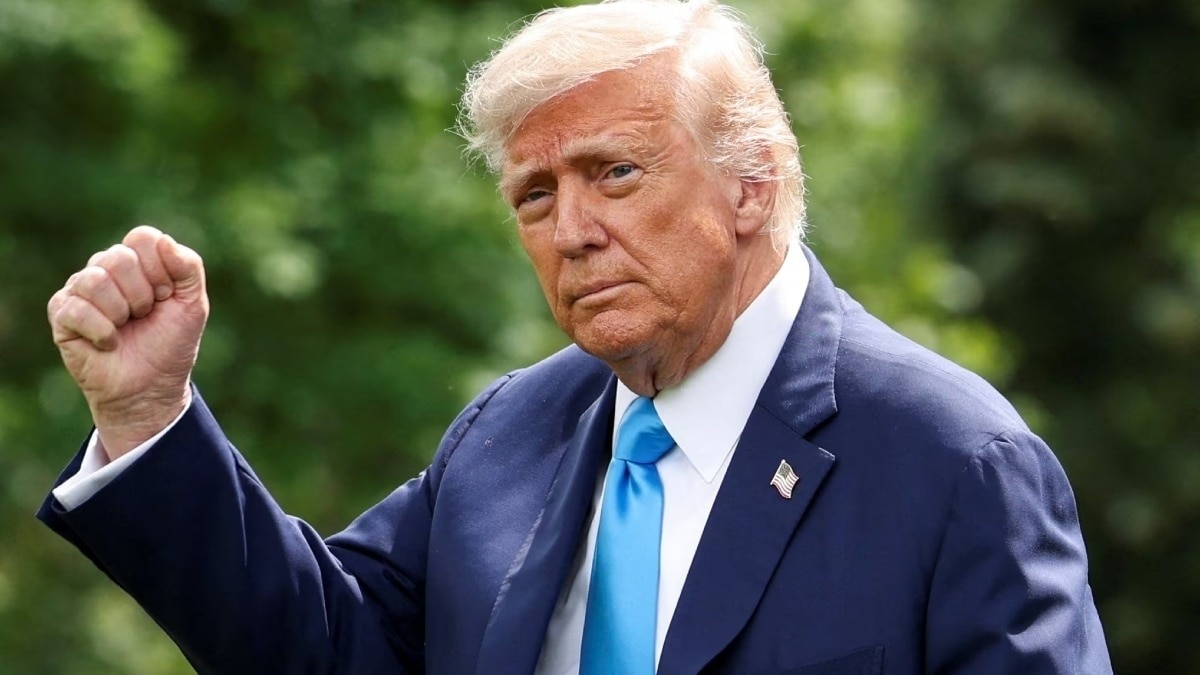In an exclusive interview with India Today Global Executive Editor Geeta Mohan, Secretary General of IDEA, Kevin Casas-Zamora, explains that Democracy has weakened worldwide, with press freedom facing its steepest decline in five decades, warns the latest report by IDEA, calling the findings “a bleak picture,” stressing that even established democracies are struggling. Highlighting India, he described it as “one of the great democracies of the world,” praising its electoral credibility and judicial independence but noting concerns over minority rights. Casas-Zamora also emphasised that the future of democracy lies in the Global South, where most of the world’s democratic populations live. He urged countries like India, Brazil, South Africa, and Indonesia to share their institutional learnings and support struggling democracies. On India’s 2024 elections, he hailed the peaceful acceptance of results as “a secular miracle.” Yet, he warned that declining press freedom, growing polarisation, and low voter participation threaten the foundations of democracy globally.
Q: Democracy across the world has weakened, and freedom of the press has seen its worst decline in 50 years. It's a scathing and telling sign of the times that we're living in, in terms of not just democracy, but for us journalists, freedom of the press. What were the main global drivers that brought you to a report that says that freedom of the press is almost under threat?
Kevin Casas-Zamora: Look, indeed, the picture that emerges from the report when it comes to the global state of democracy is rather bleak, not entirely devoid of a few positive pieces of news, but they are few and far between. And in the case of press freedom, this is a particularly acute deterioration, probably due to a combination of factors. I guess one would have to talk about the increasing prickliness on the part of governments with regard to the ability of the press to hold them to account. But also, there are other factors that are converging in this story, such as in some countries, the extreme concentration in the property and the ownership of legacy media. And again, in some other places, the complete obliteration of local media outlets is really having a terrible effect on the ability of people to access news that really matters to them in their daily lives.
Q:.But in terms of just freedom of the press, I'm looking at your report, and some countries are considered democratic, South Korea, Italy, mostly democratic or have hailed democracy for decades and years. And here we are, where the freedom of the press in these countries, particularly countries like South Korea, Italy, is not shown in a great light. It does seem like the press, even in democratic countries, is quite vulnerable. Kevin.
Kevin Casas-Zamora: This is entirely accurate. This applies to freedom of the press, but it is also true more generally. The main story that has emerged, not only in this report but also in previous ones over the past several years, is that the challenges facing democracy, the resistance it encounters, are global in scope. The old notion that the issues of democracy were confined to young and emerging democracies no longer holds true. Just consider what is happening in countries like the United States or even proud members of the European Union, and you will see that this is a pandemic, a global affliction. Regarding press freedom, there are many factors at play. But my impression, which is just that—an impression—that the pandemic has played a significant role. Around the world, many governments, sometimes for understandable reasons, introduced restrictions on journalistic freedom under the guise of combating disinformation during the pandemic. Some of these restrictions persisted, in certain cases creating a habit and normalising the idea that governments could easily limit the independent press’s vital role in democracy.
Q: Well, Kevin, you make a very, very important point. And it's because, you know, we have been talking about COVID-19 and the pandemic, and pre-COVID-19 and post-COVID-19, even in geopolitics. A lot of tectonic shifts have happened in alignments, realignments in geopolitics. And now you're saying that even in the manner in which governments have behaved within their own countries, the pandemic had a role to play.
Kevin Casas-Zamora: I have very little doubt of that. I think it was a seismic event. And I find it really interesting, I would say, that, you know, for two years, we went through an absolutely extraordinary and bizarre event. And after two years, everything seemed to be going back to normal. We took the two years that we lived through the pandemic and sort of put them away in the closet and went back to normal. Well, in reality, we are now realising that nothing really went back to normal. We are living in a situation that in so many ways was reshaped politically, economically, culturally, and in terms of the mental health of people. It was reshaped fundamentally by the pandemic. So it was an extraordinary event, as we thought at the beginning that it would be. And years later, it's becoming very clear that the sense of normality that we acquired when the pandemic was over was very shallow.
Q: I'm quite intrigued by this is also because many countries lay down very strict rules. And do you think post-pandemic, they thought this is their moment to push the limits when it comes to these rules, arbitrary action? Because it was allowed during the pandemic, and they saw that window that it was allowed then. Then why can't it be allowed now? Is that also one of the readings? Or an understanding?
Kevin Casas-Zamora: It really depends on the country. I wouldn't want to paint with such a broad brush that I end up saying that every government did this. I mean, that's not the case. I mean, there were cases of governments where restrictions were quickly dismantled after the pandemic, as you would expect in a democratic setting. But there were many countries where this was not the case, and particularly in cases where governments had authoritarian leanings of some sort before the pandemic. The pandemic, as in so many other aspects, accelerated processes that were already there when the pandemic struck. So I would be careful with generalising, but there's, I'm pretty sure, a fair amount of those restrictions that simply outlived the pandemic.
Q: Okay. I see that your report also, I mean, the IDEA report also divides all the countries into various regions. And most of them have seen a decline, whether it's Africa, West Asia, Europe, the Americas, Asia or the Pacific. But interestingly, Africa has shown more progress, and certainly severe setbacks, but progress as well. Do you think there are lessons to be learned over here for Europe or the Americas, including West Asia and Asia, which includes India?
Kevin Casas-Zamora: The case of Africa is true. I mean, a lot of the regressions that we're seeing are happening in Africa, but also a lot of the progress. And part of the reason why we're seeing progress is to do with the fact that many of the countries are starting from a very low level in terms of democratic performance. One thing is very visible in the case of Africa, which is the intensity of the participatory component of democracy, probably in the electoral sphere, but particularly in the civic sphere. This is something that we're seeing with particular intensity in Africa. If I'm not mistaken, I'm quoting here off the top of my head, out of the top 50 countries in terms of participation, at least 9 or 10 are from Africa. I mean, even countries that, in some other respects, when it comes to democratic performance, don't do nearly as well. So I think the eagerness of people in Africa to participate, to be active, to be seen demanding their rights is something that the rest of the world can learn from.
Q: There are very specific questions I want to ask you about international aid and support, and how that helped or didn't help. But in your assessment, how did India fare?
Kevin Casas-Zamora: I mean, look, India is one of the great democracies of the world. Notice that I'm not saying simply that it's a big democracy. It's a great democracy. It's a democracy where traditions of constitutionalism, of tolerance, and of the ability to hold credible elections under impossible conditions exist. I mean, all those traditions are well established, and they continue to be visible. We see in the report that there are a few items in terms of democratic performance, a few indicators that have suffered over the past few years. I would say that probably the area that elicits the greatest concern is the protection of the rights of minorities, where we have seen regression in some ways. But some of the fundamentals of democracy, particularly when it comes to the ability to hold credible elections, the ability of independent judges to continue to hold governments to account and to apply the law equally for all. All those aspects continue to fare reasonably well and even very well. I'm a big fan of Indian elections, warts and all, because in a country the size of India, it is impossible to have impeccable, absolutely impeccable elections. It's just too big and complicated a country. But as I often tell my Indian friends, the closest thing that we have in the world to a secular miracle is Indian elections. So I always praise India to the skies when it comes to elections. And what we saw last year there were a lot of breathless headlines around the world saying that the elections were destined to be problematic. And what we saw was an election whose result was accepted immediately by all political actors, where the courts play a role protecting the rights of opposition politicians to contest the election, where the election commission went unperturbed, performing its role. So all in all, I mean, I have to say that the 2024 election was a big success. And that's what you expect from India.
Q: Okay. Talking about the aid that I was mentioning earlier. Now, your report also says that the fact that there has been a decline in international support and aid, basically and mostly cutbacks from the United States of America, has led to a decline in what your readings have been on democracy, rule of law, transparency, secularism, minority rights, and freedom of the press. So on and so forth. This aid that would come from the United States of America, either through U.S. aid or other organisations, was a great help in a lot many developing countries and democracies, where, because of this aid, such ideas thrived.
Kevin Casas-Zamora: It's a complicated story. Let's admit that. I think that if you look into the trajectory of democracy for the past 70 years, it is difficult to deny that the global expansion of democracy had a lot to do with the fact that the preeminent geopolitical actor in the world was a liberal democracy. Mainly, by the United States and that a fundamental tenet of its foreign policy was about supporting democracy with lots of inconsistency and lots of hypocrisy and double standards, and what have you. But nonetheless, with a visible effect around the world. That is now gone. At least for the foreseeable future. What effect this will have, particularly when it comes to resources to do this work to support democracy, remains to be seen. I mean, it is fair to assume that it will make the task of organisations like IDEA more difficult. One thing that I would like to see is in this new context, in which support for democracy coming from the major Western powers is going to be far more scarce. One thing that I would like to see is greater commitment to this cause on the part of important democracies in the global south, including India. And I have to say that in the case of India, for example, in the case of the Electoral Commission, the Electoral Commission has wonderful programs to collaborate with other electoral commissions around the world. I would hope to see more of that. Not just in the case of India, but in the case of other major democracies like South Africa, Brazil, and Indonesia. At the very least, and this is something that I do detect because, by the way, they're all member states of Idea. India is a proud founding member state of IDEA. What I detect is the great eagerness to share the lessons, the learnings that they have accrued in the inevitably rocky process of building democratic institutions. I mean, this willingness to share their learnings is of immense value for other countries that are struggling in the process of building their own democratic institutions. So I would hope to see more of that. Look, when it comes to democracy and democracy support, the fate of these things in the future will not be determined by what happens in the global north. It will be determined by what happens in the global south, because most people living under democracy today live in the global south, not in the north.
Q: That's a significant statement that comes from you on how most people live in the global south when it comes to democratic setups. But let me probe you further then, Kevin. Participation has always been an issue. Your report suggests that it is declining and that credible elections are declining because of weaker participation. About 55 per cent actually come out and vote during elections. How can democracies then rethink election participation and ensure that there is legitimacy to that process, that there are people who come out, turn up and vote?
Kevin Casas-Zamora: Look, ultimately, this is deeply connected to the sense of relevance that people ascribe to elections. If people feel that elections do not change anything in their daily lives, it would be more difficult to get them to turn out and show up at the polls. So, ultimately, the big driver of all this is making sure that people feel included in the political system, that they feel that the political institutions represent them in an adequate way, that their voices are present in decision-making, and that they have something to lose if they don't show up. And this, of course, poses the fundamental questions, and this is mentioned a lot in these discussions, about how democracies are delivering or not in terms of social expectations and demands. In a lot of places, democratic institutions are falling short when it comes to delivering to those expectations. And I would say that, and this is a particular concern of mine, that in a lot of places, democratic institutions are not delivering and seem not to deliver fairness. And this is irking a lot of people and keeping them away from the polls.
Q: Then what should democracies do? What should all the pillars of a democracy, whether it's press, whether it's government, civil society, what should all these pillars really do to ensure that in a world where you are looking at democracy, press, freedom, from the prism, and elections, Kevin, from the prism of what's happening, economic upheavals, disinformation, misinformation, and all of that, we see a lot of them very disillusioned. And that's why, like you said, a lot of them don't really turn up. What can these pillars then do to take those urgent steps for people to start believing in their governments and the electoral process? Questions are being asked in India as well about the electoral process itself.
Kevin Casas-Zamora: I'm sure. I'm sure. Look, there's no simple answer to that question. I would say a couple of things. I mean, first of all, given the scale of the challenges that democratic systems and societies in general are faced with these days, I have to think that one of the secret sauces for the success of democracies is the ability to forge broad-based agreements to reform democratic institutions. And this is easier said than done, because actually what we are seeing—I mean, there's a reason why I'm highlighting this, and it's the fact that increasingly in most places what we are seeing is an extraordinarily polarised environment that is inimical to any effort to build consensus. And I think if we are not able to hold a meaningful dialogue among political forces, among social groups, it's impossible to deal with the challenges that democratic systems and societies in general are facing these days. So I would say that this is one important thing that explains the success of those cases, and there are cases in the report that are trending the right way. And I guess in a more general way, I would say that we have to play a mix of defence and offence. I mean, defence because we really need to protect foundational tenets of democracy, like the integrity of elections, which is under severe challenges around the world, but without which nothing else matters. We have to protect foundational tenets of democracy, like judicial independence, but we also have to play offence in the sense of reforming democratic institutions in ways that allow for more voices to be heard and for institutions to be better able to respond to expectations.
Q: All right. Kevin, before I let you go, when it comes to chaos in democracies, and we are witness to one, but not so long ago two, because we're talking about Nepal and Bangladesh, but particularly Nepal, a lot of transition over here, a lot of upheaval. Democratic structures are questioned, and now the people, the youth of Nepal, are seeking change. Elections will be held in a few months from now. That's what the current prime minister of the interim government has promised. What, according to you, should Nepal be doing to ensure stability and a stable structure, as opposed to, and I'm asking you this because there's another country in our neighbourhood that fell through the very same chaos and has not emerged as stable as Nepal has, and that's Bangladesh. They're still trying to fumble, find a way back into some semblance of sanity and normalcy. So what do you have, what's your reading on the two countries, and what do you have to say about how Nepal should move forward?
Kevin Casas-Zamora: Look, I mean, what we're seeing in Nepal, and before that in Bangladesh, and before that in a slightly different way in Sri Lanka. Which is interesting, because I mean, there you have three salvation countries faced with broadly similar processes that end up in revolts. Which, interestingly enough, and this is very important, revolts that do not demand to do away with democracy. So this is very important, because what people are demanding is not that we do away with democracy, and we call in the military to run the show. Quite to the contrary, what they seem to demand is a fundamental transformation of the political system.
Q: To a truer democracy, because this democratic structure has become rather autocratic.
Kevin Casas-Zamora: Well, exactly. I mean, what they're demanding is a change in the way the political leadership behaves. And it goes back to the question that we were discussing before. I mean, whether people feel included in the system or whether they feel that the democratic institutions they have only cater to those who are plugged in. And this is the crux of the matter. I mean, this is also, we saw a smaller version of that not long ago, a few weeks ago, in Indonesia. The notion that people are fed up with institutions that appear to be ridden with corruption and with self-serving politicians. So I would say, you know, if that's the demand, well, make sure that the voices of young people are meaningfully included in the decision-making process. And that the concerns of young people, and in some cases, they can be pretty specific, you know, concerns about access to housing, access to jobs. That they are put at the front and centre of the priorities of the political system. So I would say that any kind of meaningful process of dialogue that does that has, at least, a fighting chance of success.
- Ends
Published By:
indiatodayglobal
Published On:
Sep 19, 2025

 1 month ago
1 month ago
